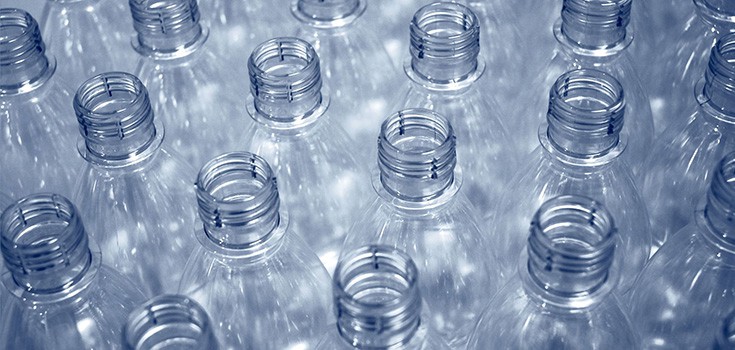Reminder: BPA Chemical Stays in Body for “Unknown” Length of Time

This week, the FDA announced it was banning the use of BPA in baby bottles. But, as we reported, they stopped short of saying it was a real health threat and said more time and research was needed before any ban on this BPA chemical in food storage products was warranted. Of course this is inaccurate, as there is plenty of evidence available showing the dangers revolving around Bisphenol-A.
BPA Chemical Proven Dangerous, Stays in Body for “Unknown” Amount of Time
It seems that the FDA has ignored research over the past several years that has substantiated the health risks of this chemical substance. In 2009, researchers from the University of Rochester found that while the previously held belief was that the BPA chemical was eliminated from the body through the urine rather quickly, it was actually remaining inside of people for much longer.
Prior to the study, we were assured that BPA was “quickly” eliminated by the body, but after fasting for a 24 hour period, study subjects still had significant BPA levels. In the study, researchers looked at how BPA declined over a period of time, how quickly it was being released through the urine. They found that people who fasted for 8.5 hours and those who fasted for 24 hours had about the same levels of BPA. This means the body wasn’t moving the chemical out very quickly at all.
“If it leaves the body quickly, then it reduces the amount of time when it can cause problems. If it does cause problems, obviously if it stays around much longer, then that changes the game,” said Dr. Richard Stahlhut, lead researcher on the project.
Not so long after the FDA considered completely banning BPA, the organization decided to ban BPA in baby bottles. Well, that’s a step in the right direction, but the chemical is still found in food and drink containers, inside some cans, and in medical devices. Just like they’ve found it to leach into formula within the bottles, so too it leaches into the food within these BPA chemical-laced containers.
BPA has been linked with an increased risk of heart disease, diabetes, fertility issues, cancer, liver problems, behavioral changes, and negatively altered development of the brain and prostate. It isn’t clear what evidence it would take for the FDA to ban the chemical outright, but we know that it would have to be substantial to outweigh the $8+ billion profit that the BPA-producing companies are seeing.
What’s more, even with the rise of BPA’s potential to leave the market, whether do to FDA bans, or companies omitting the chemical due to widespread opposition, we’re seeing a very similar chemical take the place of BPA, This BPS chemical, short for Bisphenol-S, may be just as toxic as BPA, and is more readily absorbed.
Additional Sources:
